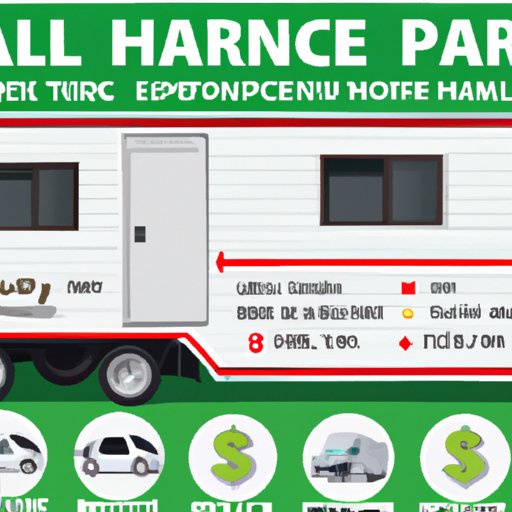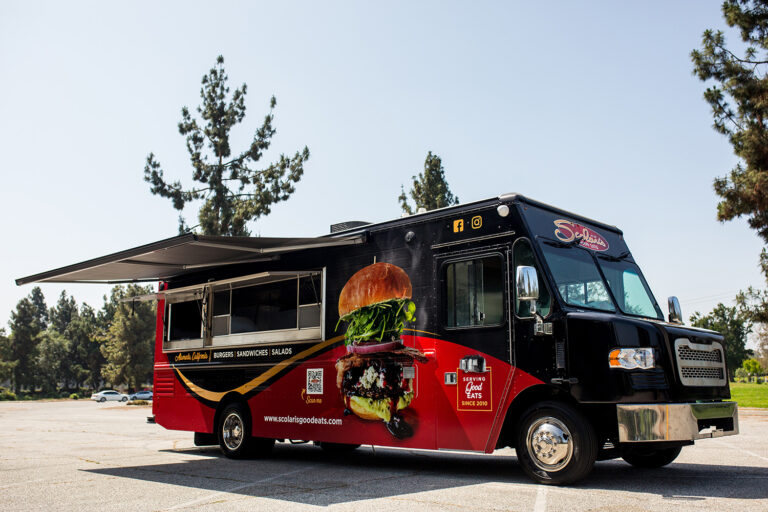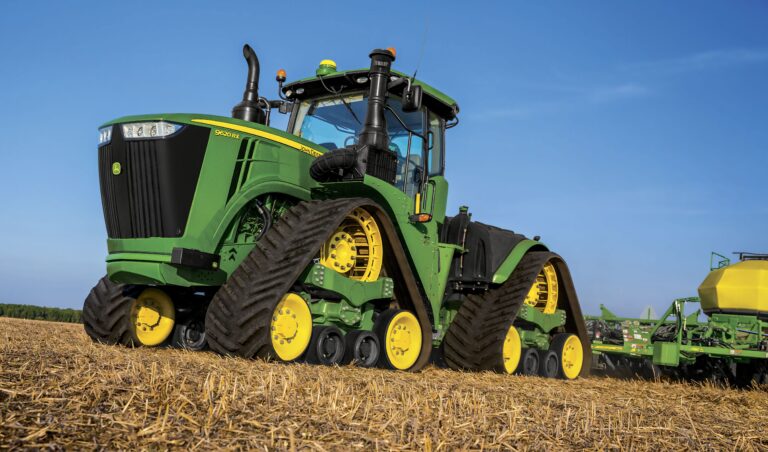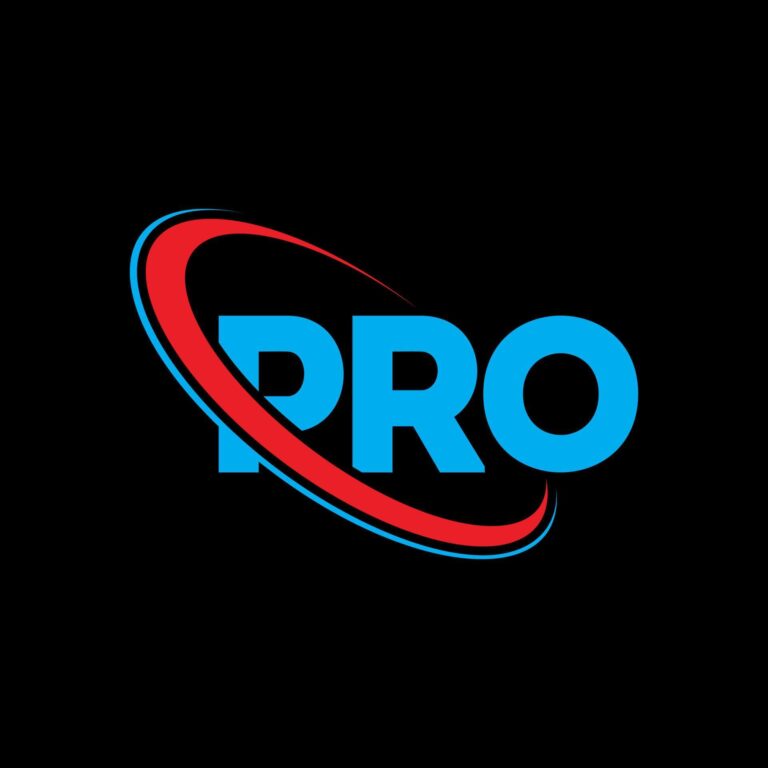Uhaul Trailer Rental Costs: Your Comprehensive Guide to Affordable Moving
Uhaul Trailer Rental Costs: Your Comprehensive Guide to Affordable Moving cars.truckstrend.com
Moving, whether across town or cross-country, can be an expensive endeavor. For many, the do-it-yourself (DIY) approach offers a significant cost-saving advantage, and at the heart of this strategy often lies a U-Haul trailer. Renowned for their accessibility and variety, U-Haul trailers provide a flexible and economical solution for transporting belongings, vehicles, or even just large items. However, understanding U-Haul trailer rental costs is more nuanced than a simple flat fee. It involves a complex interplay of trailer type, size, rental duration, distance, location, and even the time of year.
This comprehensive guide aims to demystify U-Haul trailer rental costs, equipping you with the knowledge to make informed decisions, optimize your budget, and ensure a smooth, cost-effective move. By understanding the factors that influence pricing and knowing how to navigate the rental process, you can transform a potentially stressful expense into a manageable part of your moving plan.
Uhaul Trailer Rental Costs: Your Comprehensive Guide to Affordable Moving
Understanding U-Haul Trailer Types and Their Impact on Cost
U-Haul offers a diverse fleet of trailers designed to meet various moving and hauling needs. The type of trailer you choose is the primary determinant of your rental cost, as each category serves a distinct purpose and comes with its own pricing structure.
- Utility Trailers: These open-top trailers are ideal for hauling landscaping materials, construction debris, ATVs, or furniture that doesn’t require protection from the elements. They come in various sizes, typically ranging from 4’x7′ to 6’x12′. Their open design and versatility generally make them the most affordable option.
- Cargo Trailers: Also known as enclosed trailers, these provide secure, weather-protected transport for household goods, electronics, and other valuables. They range from compact 4’x8′ units to spacious 6’x12′ models. The added security and protection mean they typically cost more than utility trailers of comparable size.
- Car Haulers: Designed specifically for vehicle transport, this category includes two main types:
- Tow Dolly: A two-wheel trailer that lifts the front wheels of a vehicle off the ground, allowing the rear wheels to roll. Best for front-wheel-drive vehicles.
- Auto Transport: A four-wheel trailer that carries the entire vehicle off the ground. Suitable for all vehicle types and longer distances.
Car haulers are specialized equipment and generally represent the highest rental cost among U-Haul trailers due to their specific purpose and robust construction.


Key Factors Influencing U-Haul Trailer Rental Costs
Beyond the trailer type itself, several critical factors play a significant role in determining your final U-Haul trailer rental cost. Being aware of these can help you anticipate expenses and potentially find ways to save.
- Trailer Size: Within each category (utility, cargo), larger trailers naturally cost more than smaller ones due to their increased capacity and material use. Accurately assessing the volume of items you need to move is crucial to avoid overpaying for unused space or incurring the cost of multiple trips.
- Rental Duration: U-Haul offers daily rates for local rentals, while one-way rentals are typically priced for a set number of days (e.g., 3-5 days) to accommodate travel time. Exceeding the allotted time for one-way rentals or keeping a local rental for multiple days will incur additional daily charges.
- Distance (Local vs. One-Way): This is perhaps the most significant cost differentiator.
- Local Rentals: Designed for short-distance moves (e.g., within the same city or metropolitan area), these are priced at a flat daily rate, regardless of mileage. You pick up and drop off the trailer at the same U-Haul location.
- One-Way Rentals: For moves over a significant distance (e.g., state-to-state or across a large region), you pick up the trailer at one U-Haul location and drop it off at another. One-way rentals are generally much more expensive than local rentals due to the logistics involved in repositioning the equipment. Their pricing is dynamic, influenced by supply and demand between the pick-up and drop-off locations.
- Location (Pickup/Drop-off): Prices can vary based on the specific U-Haul location. High-demand urban areas might have slightly different pricing compared to rural locations, and availability can also influence the cost. One-way rental prices are particularly sensitive to the supply/demand balance between the origin and destination cities.
- Time of Year and Demand: Moving is highly seasonal. Peak moving seasons (late spring, summer, especially month-ends) see higher demand, which can lead to increased rental prices, particularly for one-way moves. Conversely, off-peak seasons (fall and winter, excluding holidays) often offer lower rates due to reduced demand.
- Additional Equipment and Services: While the base rental covers the trailer, you might incur extra costs for:
- Towing Accessories: If your vehicle isn’t equipped, you might need to purchase or rent a hitch, ball mount, and wiring harness. U-Haul offers installation services, which add to the cost.
- Insurance: U-Haul offers optional coverage plans like SafeTow® and SafeTrip® to protect you against damage to the trailer or your belongings. While optional, these add to the total cost.
- Moving Supplies: Boxes, packing tape, furniture pads, dollies, and other moving supplies are available for purchase at U-Haul locations.
- Environmental Fees/Taxes: Standard taxes and sometimes an environmental fee are applied to the rental cost.

Detailed Breakdown of Estimated U-Haul Trailer Rental Costs
It’s crucial to remember that the prices below are estimates and can fluctuate significantly based on the factors discussed above (location, demand, season, specific dates). Always get a direct quote from U-Haul for the most accurate pricing for your specific needs.
Estimated U-Haul Trailer Rental Cost Table
| Trailer Type | Size (L x W) | Capacity (lbs) | Local Rental (Daily Est.) | One-Way Rental (Est. 3-5 days) | Notes |
|---|---|---|---|---|---|
| Utility Trailers | Open-top, versatile, most affordable | ||||
| Small | 4′ x 7′ | 1,700 | $14.95 – $19.95 | N/A (Local Only) | Great for small loads, landscaping. |
| Medium | 5′ x 8′ | 1,800 | $19.95 – $24.95 | N/A (Local Only) | Popular for general hauling, furniture. |
| Large | 6′ x 12′ | 2,500 | $29.95 – $34.95 | N/A (Local Only) | Ideal for larger items, small appliances. |
| Cargo Trailers | Enclosed, secure, weather-protected | ||||
| Small | 4′ x 8′ | 1,600 | $18.95 – $24.95 | $150 – $350+ | Compact, good for boxes, small furniture. |
| Medium | 5′ x 8′ | 1,800 | $24.95 – $29.95 | $175 – $450+ | Popular for apartment moves. |
| Large | 5′ x 10′ | 2,000 | $29.95 – $34.95 | $200 – $550+ | More space, fits a queen-size bed. |
| Extra Large | 6′ x 12′ | 2,500 | $34.95 – $39.95 | $250 – $700+ | Largest enclosed, ideal for 1-2 bedrooms. |
| Car Haulers | Specialized for vehicle transport | ||||
| Tow Dolly | N/A | 3,450 | $49.95 – $59.95 | $150 – $450+ | Lifts front wheels, for FWD vehicles. |
| Auto Transport | N/A | 5,290 | $64.95 – $79.95 | $300 – $900+ | Full vehicle transport, for all vehicles. |
Note: "N/A (Local Only)" means these trailers are generally not available for one-way rentals. One-way rental prices are highly variable and depend heavily on the specific origin and destination, time of year, and demand.
Navigating the Rental Process and Potential Hidden Costs
Renting a U-Haul trailer is relatively straightforward, but being aware of the process and potential additional costs can prevent surprises.
- Reservation vs. Walk-in: While walk-ins are possible, especially for local rentals, making an online reservation is highly recommended, particularly for one-way moves or during peak season. Reservations guarantee availability and often provide a more accurate price quote.
- Insurance Options: U-Haul offers two primary damage waiver options for trailers:
- SafeTow®: Protects you from financial liability for accidental damage to the U-Haul trailer.
- SafeTrip®: Offers protection for your belongings inside the trailer and limited medical/life coverage.
These are optional but can be a wise investment. Check if your personal auto insurance or credit card provides any coverage for rental trailers before purchasing U-Haul’s options.
- Taxes and Fees: Always factor in local sales tax and any applicable environmental fees or other surcharges that U-Haul may apply. These are usually added at checkout.
- Hitch and Wiring Requirements: Your towing vehicle must have a properly installed hitch receiver, a compatible ball mount and hitch ball, and working wiring for the trailer lights. If you don’t have these, U-Haul can install them, but this is an additional service with its own cost (ranging from $150 to $500+ depending on the vehicle and components).
- Late Return Fees: Returning a trailer late, especially for local rentals, can result in additional daily charges. For one-way rentals, ensure you adhere to the agreed-upon drop-off date to avoid penalties.
- Cleaning Fees: While not common, if a trailer is returned excessively dirty or damaged beyond normal wear and tear, U-Haul reserves the right to charge cleaning or repair fees.
Practical Advice and Actionable Insights for Saving Money
Minimizing U-Haul trailer rental costs requires proactive planning and smart decisions.
- Book in Advance: Especially for one-way moves or during peak seasons, booking weeks or even months ahead can secure better rates and ensure availability of your preferred trailer size.
- Be Flexible with Dates: If your moving dates are flexible, try to avoid weekends, month-ends, and the summer months (May-August). Mid-week or off-season rentals are often significantly cheaper.
- Choose the Right Size Trailer: Resist the urge to rent a larger trailer "just in case." Overestimating your needs means paying for unused space. Underestimating means multiple trips (for local) or potentially not fitting everything (for one-way), leading to more hassle and cost. Use U-Haul’s online volume calculators or consult with a representative.
- Consider Local vs. One-Way Carefully: If you’re moving a relatively short distance (e.g., within 100 miles) and don’t mind making multiple trips, a local rental is almost always cheaper than a one-way rental. The cost savings can be substantial.
- Check for Promotions and Discounts: While U-Haul doesn’t always advertise broad discounts, it’s worth checking their website or asking about any current promotions. Sometimes, specific routes for one-way rentals might have lower prices to help balance equipment distribution.
- Return on Time: Avoid late fees by returning your trailer promptly by the agreed-upon time. For local rentals, this is usually 24 hours from pickup.
- DIY Hitch Installation (If Capable): If you’re mechanically inclined, purchasing and installing a hitch and wiring kit yourself can be cheaper than having U-Haul do it. However, ensure it’s done correctly for safety.
- Decline Unnecessary Insurance: If your personal auto insurance policy or credit card already provides coverage for rental trailers, you might be able to decline U-Haul’s optional SafeTow® or SafeTrip® plans, saving a significant percentage on your total cost. Always verify your existing coverage first.
- Pack Efficiently: Maximize the space within the trailer by packing boxes uniformly, disassembling furniture, and utilizing voids. Efficient packing can sometimes allow you to use a smaller, cheaper trailer.
Important Considerations Before Renting a U-Haul Trailer
Beyond cost, safety and compatibility are paramount when renting a U-Haul trailer.
- Towing Vehicle Capacity: Your vehicle’s tow capacity is non-negotiable. Exceeding it is extremely dangerous and illegal. Check your vehicle’s owner’s manual for its maximum towing capacity, Gross Combined Weight Rating (GCWR), and Gross Axle Weight Rating (GAWR). U-Haul also provides a "Tow Rating" tool on their website.
- Hitch and Wiring Compatibility: Ensure your hitch is rated for the trailer’s weight and that your vehicle’s electrical system can power the trailer lights (brake, turn, running lights).
- Weight Distribution: Proper loading is crucial for safe towing. Distribute weight evenly, with about 60% of the cargo weight in the front half of the trailer and 40% in the rear. This helps prevent trailer sway.
- Driver’s License Requirements: A standard valid driver’s license is typically sufficient for towing U-Haul trailers in the U.S. and Canada. However, always check local regulations for any specific endorsements or requirements based on combined vehicle and trailer weight.
- Safety Checks: Before departing, perform a thorough safety check:
- Ensure the hitch ball is securely latched.
- Cross the safety chains beneath the coupler.
- Verify all trailer lights are working (brake, turn signals, running lights).
- Check tire pressure on both the tow vehicle and trailer.
- Ensure cargo is secured and won’t shift during transit.
Frequently Asked Questions (FAQ) about U-Haul Trailer Rental Costs
Q1: How is U-Haul trailer rental cost calculated?
A1: Costs are primarily based on trailer type and size, rental duration (daily for local, set days for one-way), distance (local vs. one-way), and dynamic factors like location and demand. Additional costs include taxes, optional insurance, and any necessary towing accessories or installation services.
Q2: Is U-Haul trailer insurance mandatory?
A2: No, U-Haul’s SafeTow® and SafeTrip® insurance plans are optional. However, it’s highly recommended to have some form of coverage. Check if your personal auto insurance policy or credit card offers coverage for rental trailers before deciding.
Q3: Can I rent a U-Haul trailer one-way?
A3: Yes, but only certain trailer types (primarily cargo trailers and car haulers) are available for one-way rentals. Utility trailers are generally for local use only. One-way rentals are also typically more expensive than local rentals.
Q4: What happens if I return the U-Haul trailer late?
A4: For local rentals, you will typically be charged for an additional day. For one-way rentals, exceeding the allotted rental period can incur daily late fees. Always aim to return on time to avoid extra charges.
Q5: Do I need my own hitch to rent a U-Haul trailer?
A5: Yes, your towing vehicle must have a properly installed hitch receiver, a compatible hitch ball, and working wiring for the trailer lights. If your vehicle isn’t equipped, U-Haul offers hitch installation services at an additional cost.
Q6: Can I tow a car with a U-Haul utility trailer?
A6: No, U-Haul utility trailers are not designed or rated for towing vehicles. You must use a U-Haul Tow Dolly or Auto Transport for vehicle transport. Using an improper trailer can be extremely dangerous and voids U-Haul’s agreements.
Q7: What’s the difference in cost between a Tow Dolly and an Auto Transport?
A7: An Auto Transport (four-wheel trailer) is generally more expensive than a Tow Dolly (two-wheel trailer). The Auto Transport carries the entire vehicle off the ground, offering greater stability and suitability for longer distances or all vehicle types, which is reflected in its higher price.
Q8: Are there any discounts available for U-Haul trailer rentals?
A8: While U-Haul doesn’t frequently offer widespread discounts, it’s always worth checking their website for current promotions or asking a representative if any are available for your specific rental. Booking in advance and being flexible with dates can often lead to better rates.
Conclusion
Navigating U-Haul trailer rental costs can seem complex, but with a clear understanding of the factors at play, it becomes a manageable part of your moving budget. From selecting the appropriate trailer type and size to understanding the nuances of local versus one-way rentals, every decision influences the final price. By leveraging practical advice such as booking in advance, being flexible with dates, and carefully considering optional services like insurance, you can significantly reduce your expenses.
U-Haul trailers empower millions to undertake DIY moves, offering an unparalleled blend of convenience and affordability. By being informed and proactive, you can harness this resource effectively, transforming your moving experience into a cost-efficient and less stressful endeavor. Remember to prioritize safety and ensure your towing vehicle is properly equipped, and you’ll be well on your way to a successful move.






